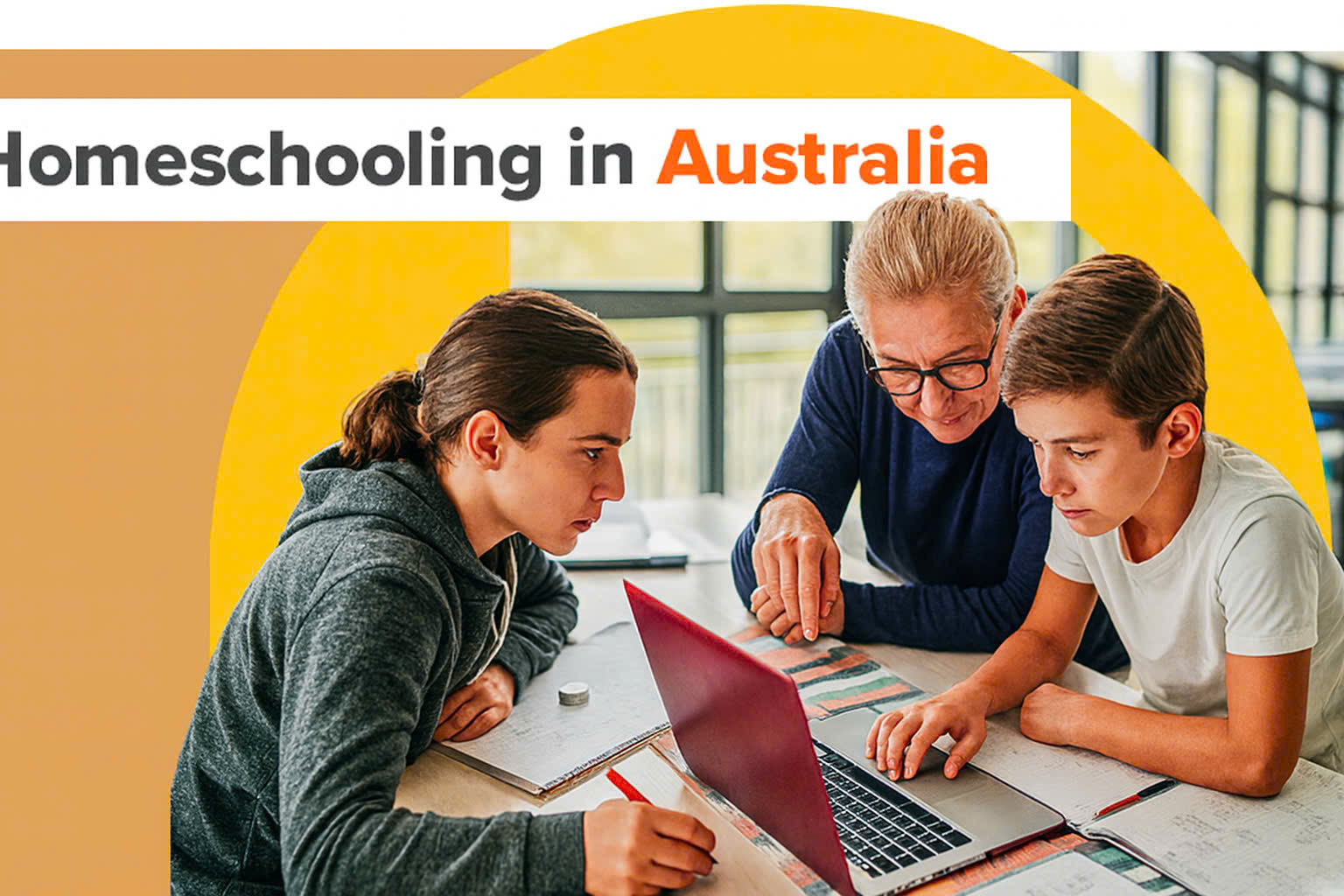
The Power of Fostering a Growth Mindset in Your Child
How to help your child develop a positive approach to learning
The concept of growth mindset — and its opposite, fixed mindset — was first introduced by Professor Carol Dweck of Stanford University. A growth mindset is the belief that skills and abilities can be developed through dedication and hard work. A fixed mindset, by contrast, assumes that these abilities are innate and cannot be changed.
Someone with a fixed mindset might think, “I’m just not good at maths”, while someone with a growth mindset would say, “I’m not good at maths yet”.
For those with a growth mindset, intelligence and talents are seen as flexible, improving through effort, practice, and persistence. Mistakes and failures are viewed as valuable opportunities to learn and grow. By contrast, those with a fixed mindset see intelligence as static. Errors and setbacks can threaten their self-esteem, as they interpret these as evidence of limited ability.
The Parent’s Role in Encouraging a Growth Mindset
Parents play a powerful role in shaping their children’s mindset. It starts with self-awareness — recognising whether your own thinking leans more towards a fixed or growth perspective.
When I first came across these concepts, I was surprised to realise that my own mindset was more fixed than I’d thought. On reflection, this came from my own school experiences and my family’s long-held beliefs about intelligence. Without being aware of it, a parent with a fixed mindset can unintentionally pass those beliefs onto their child.
At Aussie Edu Hub, we sometimes hear parents say things like, “I’m not surprised my child isn’t good at English — I wasn’t either.” While well-meaning, this attitude can reinforce a child’s belief that they are inherently limited in that subject, making it harder for them to imagine improvement.
Shifting the Focus to Possibility
Encouraging a growth mindset means seeing challenges and setbacks as possibilities for growth. Mistakes aren’t something to hide from — they’re opportunities to learn. That doesn’t mean minimising your child’s disappointment. Acknowledge their feelings and let them process the frustration. Recognising and talking about difficult emotions is an important part of building empathy and emotional intelligence.
Once those feelings are acknowledged, guide them to consider how they might approach the task differently next time. Over time, they’ll begin to understand that mistakes have value. As I used to tell my students: accidentally getting something right teaches you far less than intentionally making — and then learning from — a mistake.
Celebrating Achievements as Part of the Journey
Wins and successes should be celebrated, but framed as steps along an ongoing learning path, rather than as final endpoints. This approach avoids the “now what?” feeling that can come from a fixed mindset, where achievements feel inevitable or final. In a growth mindset, each success naturally leads to the next challenge.
The Lifelong Benefits of a Growth Mindset
Most importantly, a growth mindset teaches children that learning is the key to success. This perspective makes them more positive about learning and more likely to seek out opportunities to develop new skills. It also helps them adapt to change, turning challenges into opportunities at every stage of life.
By fostering a growth mindset, you’re giving your child one of the most valuable tools they’ll ever have — the belief that they can improve, grow, and shape their own future.



